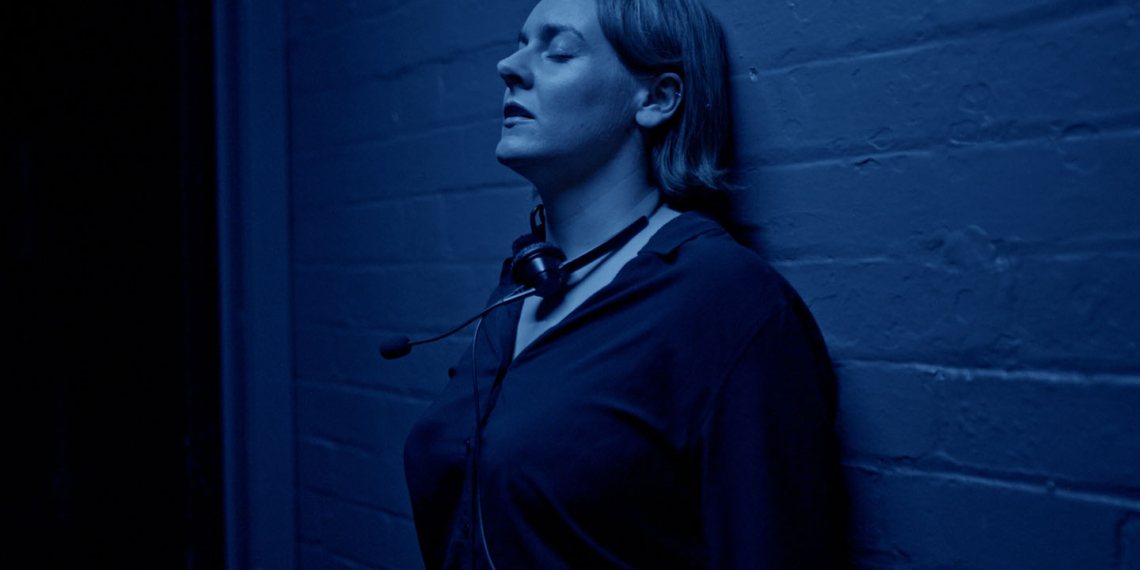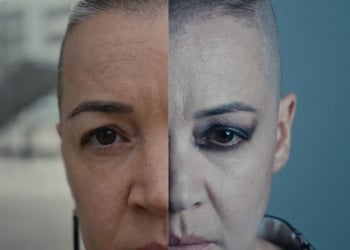Harrison Winter Altmann’s Curtain Call, co-written with Imogen Fennessey, is a single take comedy about a narcissist’s ego taking hit after hit where he was instead hoping for a boost. A once-famous actor now doing community theatre, Grant sees everyone in the crew as beings beneath him, waiting for crumbs of his aura and genius to feed on so that they may experience even a glimmer of the fame and brilliance that he has. Less than ten people show up to see the play.
Though it immediately calls back to 2014’s Birdman in multiple aspects—from the sense of real time of the single take, to the plot’s setting and main character (Grant is something of a hybrid of Riggan and Mike), and even the background score—the film is well written in its own right with a set of amusing characters who find themselves at the mercy of the great Grant Dempsey (Gary Samolin) and his voluminous ego.

The most vulnerable of this lot are the co-director/stage manager/costume designer Bella (Roxanne Halley) and one of the actors, Tommy (Shawn Richard). Where the latter is a poor student with an assignment as urgent as the play about to open in ten minutes, Bella is burdened not only with the unending list of demands of her job, but also the brunt of Grant’s rampage (he goes so far as to try to get her fired). The other characters are a sycophant (Craig Sturrock) that you cannot really hate because of his general happy puppy ways, a couple (Kiara Stellato and Huw Jennings) with an ex problem, and an actor (Tom Dray) that is the thread that undoes Grant despite being absent for just about the whole plot.
In lieu of cuts, the film uses strategic camerawork and blocking, and performance. An especially funny example is of the couple who, having gone the length of an argument over an ex, end up furiously making out. The camera abandons Grant’s latest pursuit to watch them bump into walls, only to come to rest on Bella—emerging as the secret hero of the story—in a brief moment of respite without letting the momentum drop. The cast is excellent at maintaining the high energy demanded by both the design of time and the setting. It is theatre, after all.

The film does not ask sympathy of its audience for Grant’s pomposity but it does make you intimately familiar with his psychological workings at a time of crisis. And what a crisis it is. The real purpose of the single take is to demonstrate the intensity of the spell that Grant wants to cast on others but that he has really got cast on him. Being essentially delusional—with no one to give him the sense of centrality he so desperately craves—while also coping with irrelevance as both an actor and an aging man among a community of youths is the kind of crisis that brings better people to their knees.
When the fragility of his spell is laid out for him in the most visually literal terms, the film strikes a balance between a potentially sadistic desire to see the man crumble and his undeniable humanity. Its only cut and what a great way to use it.
Watch Curtain Call Short Film Trailer
Curtain Call: A Single Take Production Drama That Knows Why It’s There
-
Direction
-
Cinematography
-
Screenplay
-
Editing
-
Music















